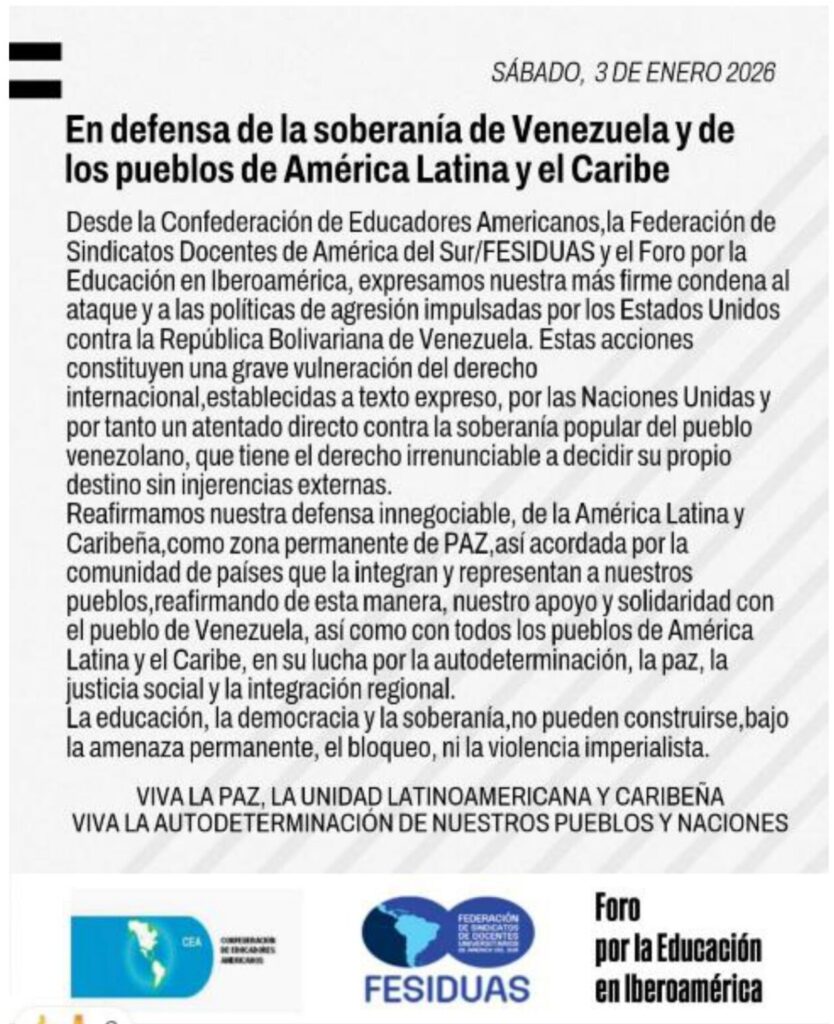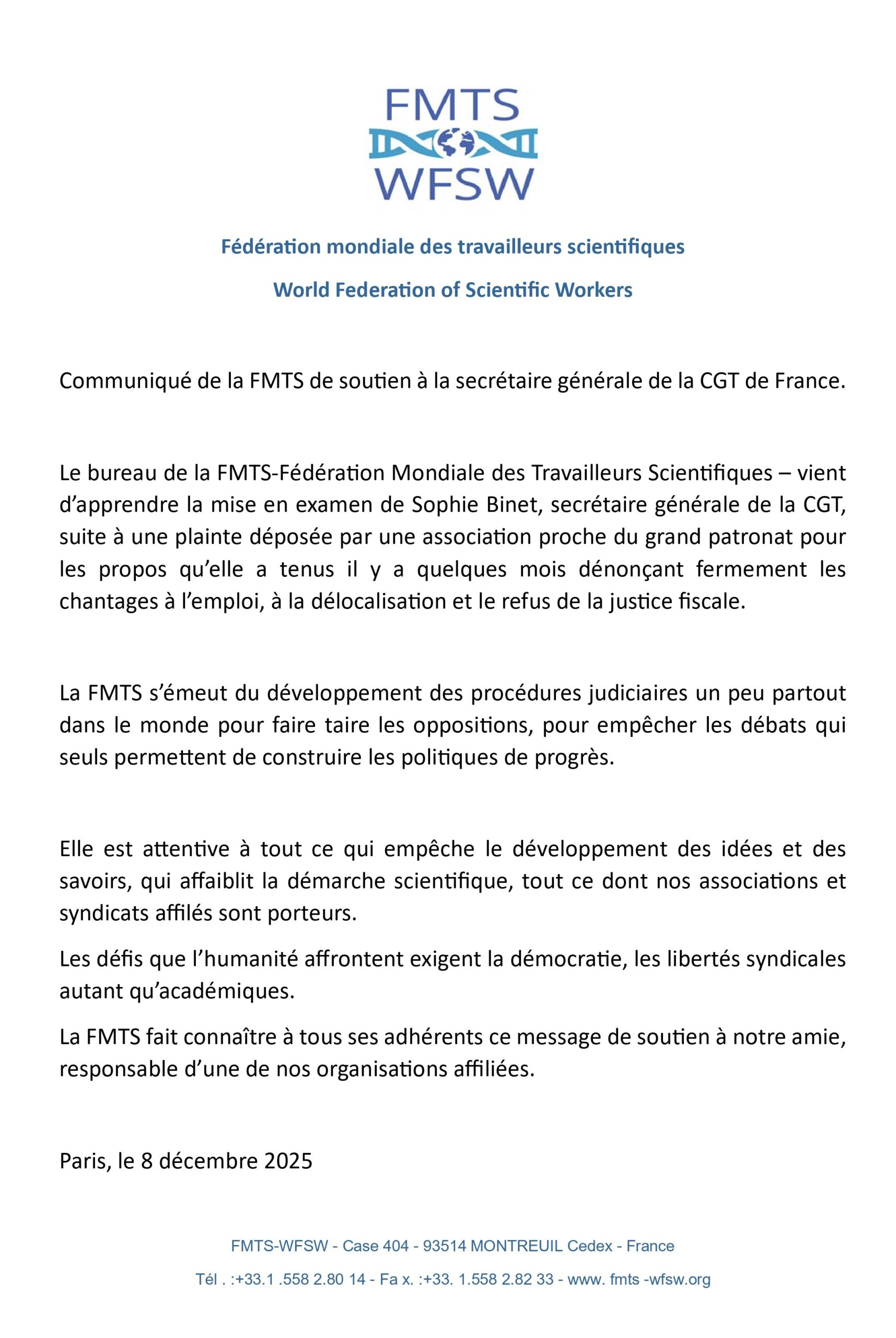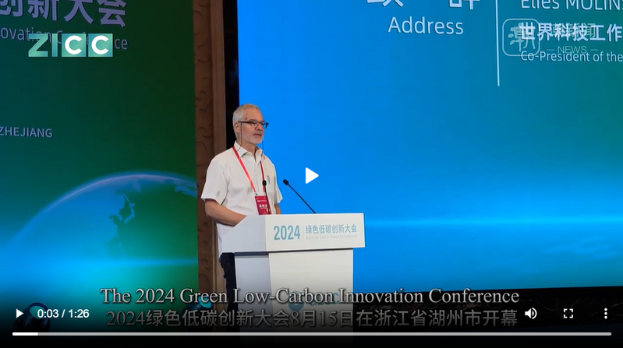A charter for scientific and technical co-operation and technology transfer
A charter for scientific and technical co-operation and technology transfer
Statement of WFSW – April 1981
Preamble
1. Nowadays, it is widely accepted that economic, commercial, technical and scientific relations between countries should follow rules of democracy and co-operation based on the concept of equality, with the aim of establishing justice and solidarity between all peoples.
2. The adoption of a “Statement on the Establishment of a New International Economic Order”, of a “Charter on the Economic Rights and Duties of States” by the United Nations in 1974 and the Final Act of the Conference on European Security and Co-operation in 1975, were important advances towards the definition of such rules, as are the work and documents of UNCTAD, UNIDO, UNESCO and other organisations. These documents illustrate clearly the place and importance of science and technology in the establishment of a NIEO.
3. Nevertheless, research workers, engineers, technicians find that in the daily exercise of their professions, the implementation of these principles encounters serious obstacles.
The international exchange of scientific and technological findings appear hindered by the neocolonial dependence of developing countries: this dependence is used both by governments and by transnational corporations to exercise economic blackmail and political discrimination. Science and technology are an important aspect of the problem of restructuring international economic relations on a basis of equality and mutual benefit.
4. It has to be observed that some governments fail to carry out the international commitments which they have signed, or that they seek to circumvent such obligations – as is the case with many ILO Conventions. Moreover, the same governments frequently support policies of transnational corporations which are in direct opposition to the same international commitments. It is of significance that governments of developed capitalist countries oppose codes of conduct which would take the more restricting form of international conventions and that they seek to legitimise the damaging activities of TNCs, without accepting positive and constructive changes.
In any case, in order to develop a new international economic order, it is not sufficient to formulate international laws, rules, recommendations or conventions. Such means are necessary, but the question remains: how to ensure their implementation?
5. As for technology transfers, they cannot meet the requirements of a new international economic order if the countries concerned, and particularly the developing countries, do not have at the same time their own policies to create and enhance their national scientific and technical potential, which is the only path to technological independence. This basic condition is neglected in some countries whose governments rely solely or essentially on the import of technology for development. This concept inevitably leads to an accentuation of the relative technological backwardness of these countries, rather than to a reduction of it.
6. It follows therefore from the social responsibility of research workers, engineers and technicians that they should seek to have an influence in their own fields, in order for scientific and technical activities to respect the objectives of a new international economic order. They can no longer remain neutral!
For such workers, this implies both a duty and a right to express their collective opinions, through their trade unions or professional bodies, on the uses to which their knowledge are put; a duty and a right to make their opinions known to the relevant authorities; a duty and a right to organise collectively in pursuit of their objectives.
7. In this sense, the adoption by UNESCO in 1974 of the “Recommendation on the Status of Scientific Researchers” is both an encouragement and a point of departure to demand that the position of workers who undertake such activities, in whatever country, be fully protected.
8. It can be envisaged that their representations could be made both to international governmental and non-governmental organisations, to governments, to the directors of enterprises whether state, private or part of a transnational group.
9. At this stage and without prejudging the precise forms that the activities of research workers, engineers and technicians should take, it is necessary to put forward the practical aims of such activities.
This is the purpose of the present Charter. It seeks to make proposals in response to the problems which arise from daily experience. But in no way does it seek to limit activity in such a way as to exclude other forms of action appropriate to a given situation. It seeks only to affirm strongly that there are specific fields where scientific workers can undertake special activities and that they should indeed do so.
We need to go beyond the stage of broad condemnation of the misdeeds of transnational corporations. Such a condemnation is necessary, but on the one hand, we should not lose sight of the responsibility of enterprises which are not transnationals, nor that of governments. And on the other hand, transnationals are a current reality, whose existence must be taken into account. It is up to workers and peoples in every country to undertake any action they deem most appropriate towards transnationals.
The objectives of this Charter relate equally to technology transfers other than those involving TNCs or other enterprises, and in particular those which involve government agencies in developed capitalist countries and developing countries (“un-marketed” technology).
But it is up to scientists, engineers and technicians world-wide to resist the misuse of science and technology.
Such misuses do exist.
We must point to them!
We must resist them!
We must make constructive counter-proposals!
***
I. ACTION TOWARDS THE ELIMINATION OF THE DAMAGING ASPECTS OF TECHNOLOGY TRANSFERS
1. Scientifically and technically developed countries should provide free access to modern technologies to other countries, without obstacle or discrimination.
2. Technology transfers, with all their economic, cultural and social consequences, should be integrated adequately into national economies, in order to avoid possible negative consequences. This is of particular importance where the recipients of technology are developing countries.
3. To this end, the relevant authorities in recipient countries should take into account the opinion of their engineers, technicians and scientists; they should develop training for such workers so as to provide them with the ability to master technology fully. New measures should be taken against brain-drain. At the same time, these engineers, technicians and scientists should take into account the need for economic development of their countries in all their professional activities.
4. They should therefore be able to participate in the formulation of the technological choices available for the development of their countries’ economies and in the analysis of the consequences of such choices on relations with other countries. They should be involved in the creation and development of a national scientific and technical potential, and in the development of genuine technical co-operation.
5. It is vital that they should advocate and work for regulations of foreign investment in technology-importing countries, so as to guarantee a real economic independence and to safeguard real freedom in the choice of development paths.
6. Whilst these questions are of concern primarily to developing countries whose evolution depends to a large extent on the import of technology, they are also of concern to developed countries, as both importers and exporters of technology.
Long term objectives 1. A transfer of technology is not simply the geographical relocation of unchanging technology. Normally, it would be integrated into a series of technical measures related to the organisation of work and the structuring of production.
2. Engineers, technicians and scientists in both technology-importing and technology-exporting countries should intervene in such a way as to seek to reduce rather than increase the distortion between the constantly increasing sophistication of the tools of production and a labour force which is threatened by loss of skills, and in a way which supports the use of technology for economic and social development.
3. This can be translated into:
a) Opposition against technical specialisation which tends to confine developing countries to the most unsophisticated sectors of production,
b) The search for a balance between:
* Technologies responding to the pressing needs of developing countries, even though such technologies are of little or no interest to vendors, notably the TNCs, and
* Advanced technologies without which engineers, technicians and scientists in developing countries will be unable to deal with representatives of exporting countries on an equal footing;
c) Action to develop “alternative” technologies, neglected or discarded by the TNCs as a threat to their domination;
d) Action to contribute to the process of “technological adaptation”, notably through:
* Adapting imported productive equipment to the national environment, by the creation of the network of services and peripheral activities necessary for an efficient utilisation of such equipment,
* Adapting or modifying the specifications and standards of imported equipment, to make it compatible with other equipment used. Technical standards are, in principle, intended to rationalise production, improve product quality and operational safety, provide protection for purchasers and, in general to facilitate technical and industrial exchanges and co-operation. The use of technical standards to restrict freedom of choice, with the aim of making national economies – particularly in developing countries – prisoners of technologies developed by transnationals, should be fought against,
* Adjusting technology to the quantitative and qualitative employment needs,
* Adapting both methods and products to the specific conditions of consumption and to the traditional sectors of production,
* Integrating traditional technologies and know-how into the body of technological development to the highest possible degree.
Immediate objectives
1. Among the negative aspects of technology transfer, such as the export to developing countries of equipment detrimental to the environment, some are precise and simple to identify; they should be denounced and resisted, without waiting for a solution to more complex problems.
2. Thus, when an industrial production unit is set up in a developing country by a foreign company, there is a need to:
a) Ensure the quality of the good delivered and make certain that it is not exported without full cover in terms of maintenance and assistance: as, for example, equipment suitable for a developing country but considered obsolete by the exporting country or the manufacturing company;
b) Require complementary contracts to train the work force and provide the technical assistance necessary to guarantee normal and continuous functioning of the production unit.
3. The preparation of technical manuals, in which the practical operation of production and the various aspects of the relationship between the work force and the production process are set out, can have an important positive or negative influence on technology transfers.
Scientists, engineers and technicians responsible for the production of such manuals thus play a direct part in relation to the general objectives of the Charter, and their role can be either favourable or unfavourable. Therefore, they have the responsibility of turning these manuals into tools that will allow their counterparts in technology-importing countries to master fully the transfer of knowledge.
4. Some of the practices applied by TNCs should be opposed: excessive prices for their own advanced technologies, internationalisation through technological “packages”, over- or under-valued equipment, patents, licences; these are used as a means of evading national laws which seek to limit the repatriation of profits.
II. TECHNOLOGY TRANSFERS IN THE FRAMEWORK OF CO-OPERATION
1. Technology develops both as an application of the results of scientific research and as a means of responding to the practical needs of production. Any country wishing to control its own development should take both these aspects into account in its scientific and technical co-operation with other countries. In this sense:
2. Engineers scientists, technicians who are involved in a transfer of technology should demand the signature of parallel agreements between governments, so as to ensure the creation of a research infrastructure linked to the transfer. Equipment contracts between two specific enterprises should become a component of an overall policy of bilateral and multilateral co-operation.
3. Co-operation agreements should envisage the widest possible two-way liaison between scientific and productive activities.
4. Wherever problems arise in the implementation of an agreement on scientific, technical and technological co-operation, engineers, scientists and technicians should be able to contribute to the solution of these problems as the “operatives” concerned.
5. Given that public research bodies and nationalised enterprises are in a better position to integrate the above objectives into their strategies, they should play an essential role in the conception of co-operation agreements.
6. Trade union organisations and specialised professional associations which bring together engineers and/or technicians and/or researchers should be associated, in their own right, with all forms of consultation and participation organised in the framework of international scientific and technical co-operation.
***
The scientific and technological objectives set out in this Charter are objectives of national sovereignty and of peoples’ rights to determine freely their own development.
Scientists, engineers and technicians should seek to ensure that the results of scientific and technical efforts serve only peace and development, so that decisive progress can be made towards disarmament and that the scientific and technical resources currently diverted to military purposes can be channelled towards peace and the development of humankind.





